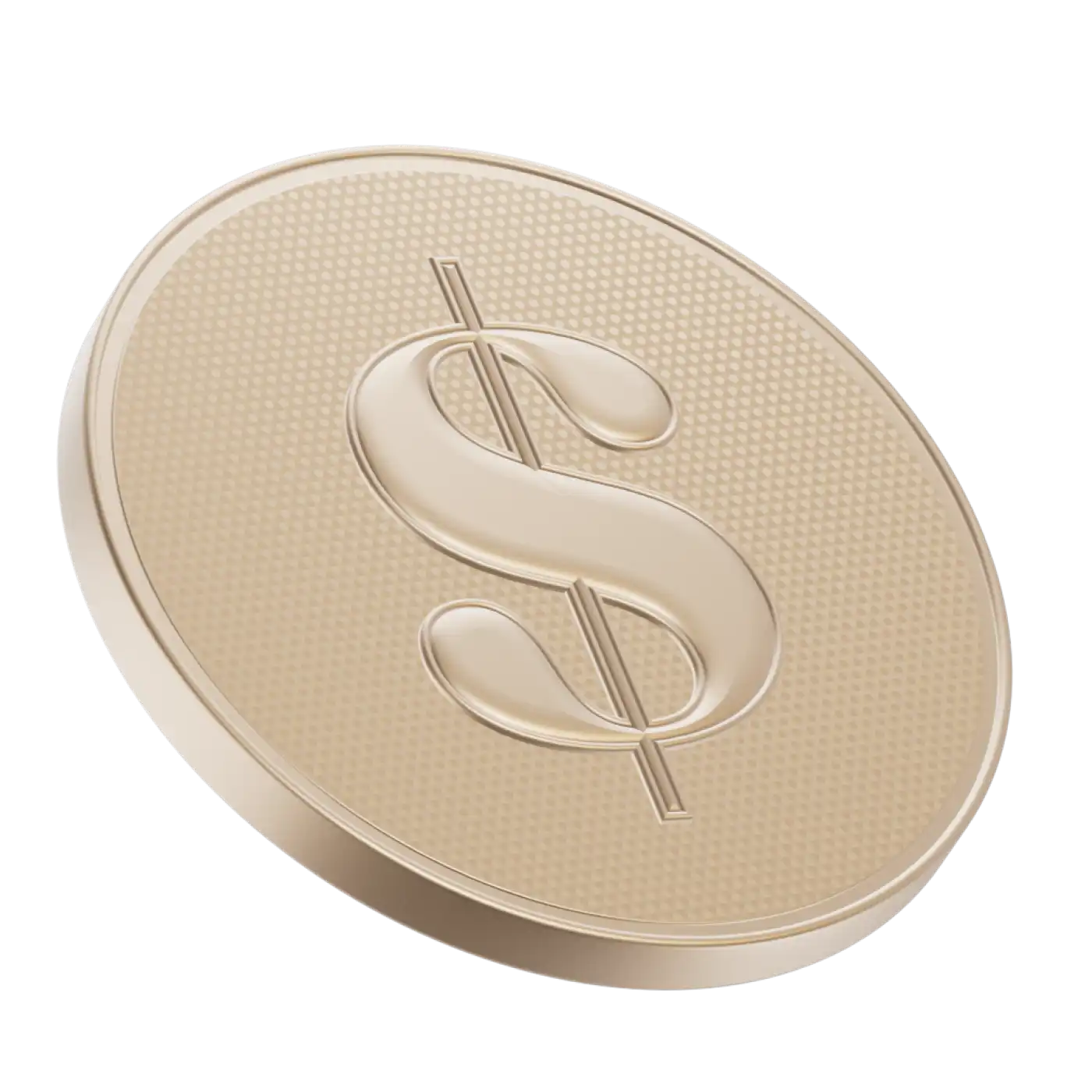Margin accounts and cash accounts are two types of non-registered accounts that allow investors to access the markets. They have different funding requirements, benefits, drawbacks, and notably different risk profiles, so it’s important to understand their nuances before selecting which one makes sense for you.
What is a cash account?
Cash accounts are a straightforward brokerage account. They allow you to buy and sell securities with your own money.
Cash accounts can typically hold stocks, exchange-traded funds, mutual funds, fixed-income products, and more, but many brokerages further limit the types of securities you can hold in cash accounts. For example, while regulatory bodies may allow you to trade mutual funds in a cash account, your brokerage may not. Margin trading, short selling, and trading complex options are not allowed in a cash account.
What is a margin account?
Margin accounts are investment accounts that let you borrow funds from your brokerage. The brokerage uses the assets in the account as collateral for the loan and you pay interest on the amount borrowed. The amount borrowed is represented as a negative debit (cash) balance in your account. Margin amplifies your buying power, allowing you to invest more than you could on your own and potentially earn greater returns; however, trading on margin can also amplify your losses and you can end up losing more than your initial investment.
When you purchase stocks or other investments using margin, you pay a portion of the purchase price and your brokerage lends you the difference. The amount your brokerage can lend you depends on the margin requirement. The Canadian Investment Regulatory Organization (CIRO) sets minimum margin requirements for each security that can be bought on margin. Your brokerage can set different margin requirements, as long as they’re higher than
the CIRO minimums.
Trading on margin gives you more buying power. This allows you to take advantage of market opportunities that you might have otherwise missed out on. With a margin account, you can also withdraw funds against your assets as long as there is available margin to do so. This is similar to a secured line of credit, using your securities as collateral. This is often cheaper and provides quicker access to cash than other types of loans. Withdrawn money is not taxed and interest charged is tax-deductible.
In addition to more traditional investment products, margin accounts also allow you to use more sophisticated strategies like trading complex options or short-selling.
That said, trading on margin comes with higher risk. If the value of your investment decreases, your losses are magnified and you can lose more money than your initial investment.
You can also be subject to what’s called a margin call. A margin call is a demand from your broker to fund your margin account. Margin calls occur if you have purchased securities on margin and the value of your account falls below the maintenance margin — a term for the minimum buying power required in your account at all times. If this happens, you’re responsible for bringing your account balance up to the minimum within a specified time, either by transferring more money into your account or selling securities. If you fail to meet the margin call, or if extenuating circumstances exist, your brokerage can sell your securities.
You’ll have to apply for access to a margin account and be able to demonstrate you’re able to pay back amounts borrowed.
Key differences between margin account and cash account
Let’s say you have $3,000 to invest in a promising stock that you think is going to increase in value soon.
Scenario 1: Stock price goes up
In a margin account: If you were to invest that $3,000 in a security with a 50% margin requirement, you would have a total buying power of $6,000, meaning you could purchase up to $6,000 of that security. If the stock price increased by 5%, you’d see a return of $300. After selling the stock and paying back the money you borrowed, you’d net $300 minus any interest you owed on the loan.
In a cash account: You wouldn’t be able to borrow the additional $3,000 from the brokerage, and could only invest your original $3,000. After investing your $3,000, you’d walk away with a profit of $150.
Scenario 2. Stock price goes down
In a margin account: If the stock price decreases by 5%, the value of your investment would drop to $5,700. If you sold, you’d pay back the loan ($3,000) and be left with $2,700, a loss of $300 plus any interest you owe on the loan. If these were the only funds in your account, you’d also be in a margin call.
In a cash account: The value of your investment would drop to $2,850 and you would have a loss of $150.
What factors you should consider to determine which to open
Whether to open a margin or a cash account depends on what kind of investor you are. Before deciding, you should consider your investing experience, risk tolerance, and cash flow.
Investing experience: If you’re new to self-directed investing, cash accounts may be better fit for you than margin accounts because they’re less complex and come with less risk (though of course more experienced investors like cash accounts, too).
Trading strategy: Cash accounts also tend to work for buy-and-hold investors because it lets them to avoid significant losses that can occur in margin accounts due to leverage and market volatility. If you’re someone who likes to trade more actively and has plenty of stock market experience, margin accounts may be more appealing.
Risk tolerance: Margin accounts can offer the potential for greater returns, but they also have a higher risk profile. If you’re interested in trading on margin you should be comfortable with the level of risk that comes with it. Risk-averse? You might want to look into a cash account.
Cash flow: Be honest with yourself about whether you have surplus cash available to cover an unexpected margin call. If you don’t, or you prefer to invest on a regular schedule, such as monthly or annually, a cash account is likely a better fit.


